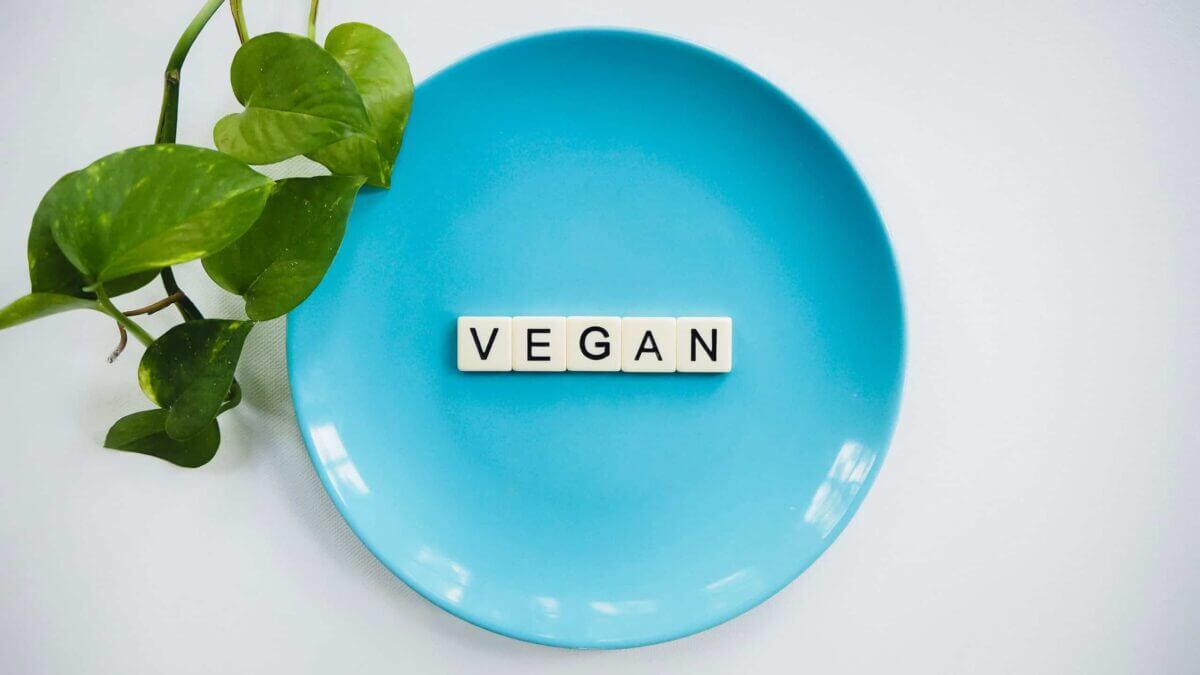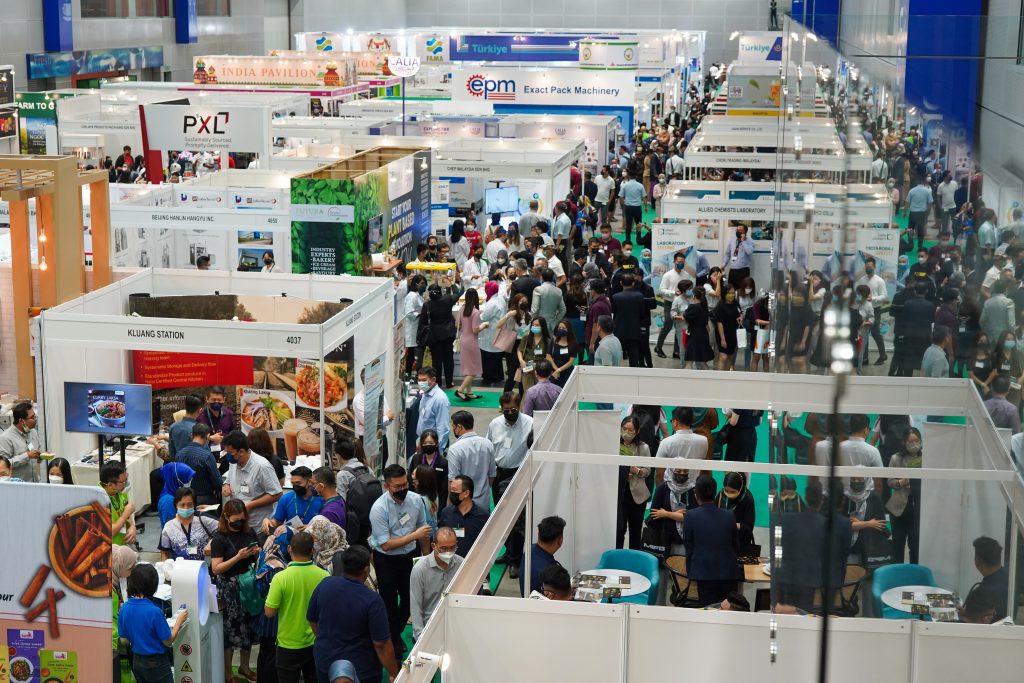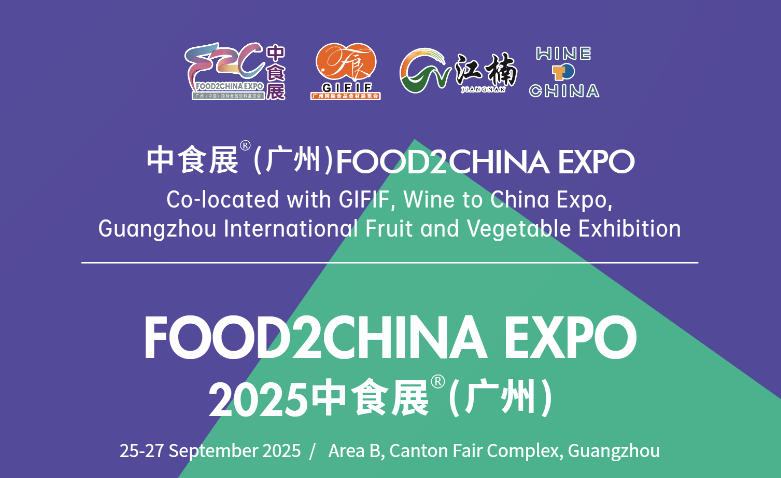More people than ever before are eating vegetarian and vegan products, resulting in the significant market growth over recent years.
This increased demand is driven by a combination of factors from perceived health benefits to environmental and ethical concerns.
Food manufacturers are racing to make the most of this opportunity. Product developers are reacting quickly with a raft of innovative vegetarian and vegan options appearing on-shelf across categories; from dairy alternatives to headline-grabbing meat substitutes aimed at a discerning flexitarian audience. The exploration of vegetarian and vegan food should begin with a look at the innumerable different forms of vegetarians and vegans that exist. It is essential that manufacturers validate everything in order to show they are effective.
Consistently create innovative products
Manufacturers who create vegan food that tastes good are bound to succeed. Taste is the number one reason vegans eat plant-based food products all over the world. Diet or environmental reasons also ranked high today. Manufacturers have to consider this and take a leap to create great-tasting products that will find more success in this growing industry.
Industrial-scale processing technologies
The manufacture of vegetarian and vegan food products requires extensive fine-tuning and high-performance equipment to reproduce the taste, texture, appearance, and cooking function of animal products on an industrial scale. The following technologies are commonly used:
- Cutters and similar machines to produce vegetable masses.
- Intensive mixers combine structure-forming ingredients and other substances during the water phase, with the addition of vegetable fat, spices, and other additives.
- Cooking and heating equipment to achieve the functionality of ingredients and additives plus microbiological safety.
The wide spectrum of preferences represents a challenge for food (and ingredient) manufacturers who want to count vegetarians and vegans among their customers, example:
- Flexitarians – Occasionally choose to forgo meat and other foodstuffs derived from animals.
- Semi-vegetarians – a largely plant-based diet, occasionally containing meat, seafood and other animal products.
- Vegans – a plant-based diet that does not include any foods from animals (including fish, dairy products and honey).
- Fruitarians – a plant-based diet consisting of products that do not damage the plant itself. This includes fruit, nuts and seeds.



